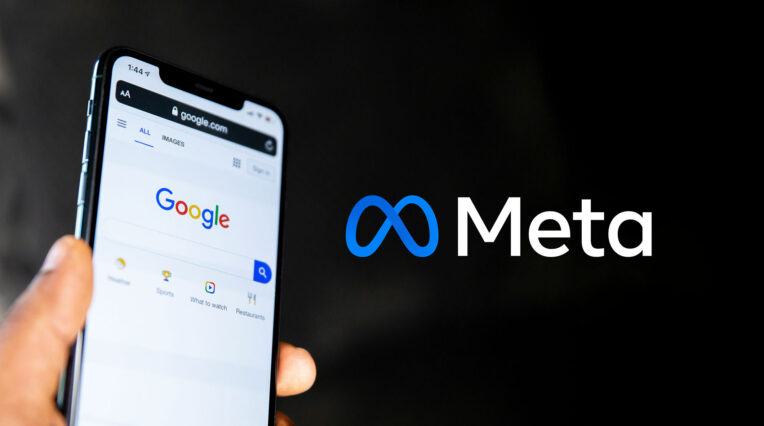News | 3/10/2013
Google Hummingbird: How will this small bird affect my business?
Google has a new search algorithm, the system it uses to sort through all the information it has when you search and come back with answers. It’s called “Hummingbird” and below, what we know about it so far.
What’s a “search algorithm?”
That’s a technical term for what you can think of as a recipe that Google uses to sort through the billions of web pages and other information it has, in order to return what it believes are the best answers.
What’s “Hummingbird?”
It’s the name of the new search algorithm that Google is using, one that Google says should return better results.
So that “PageRank” algorithm is dead?
No. PageRank is one of over 200 major “ingredients” that go into the Hummingbird recipe. Hummingbird looks at PageRank — how important links to a page are deemed to be — along with other factors like whether Google believes a page is of good quality, the words used on it and many other things
Why is it called Hummingbird?
Google released a press release stating that the name comes from being “precise and fast.” I was gutted that it wasn’t the Quokka (google it).
When did Hummingbird start? Today?
Google started using Hummingbird about a month ago, it said. Google only announced the change today.
What about all these Penguin, Panda and other “updates” — haven’t those been changes to the algorithm?
Panda, Penguin and other updates were changes to parts of the old algorithm, but not an entire replacement of the whole. Those things were as if the engine received a new oil filter or had an improved pump put in. Hummingbird is a brand new engine, though it continues to use some of the same parts of the old, like Penguin and Panda.
Does this affect my business?
“Conversational search” is one of the biggest instances of change that Google gave. With the example;
“What’s the closest place to buy the iPhone 5s to my home?” A traditional search engine might focus on finding matches for words — finding a page that says “buy” and “iPhone 5s,” for example.
Hummingbird will focus on the meaning behind the words. It may better understand the actual location of your home, if you’ve shared that with Google. It might understand that “place” means you want a brick-and-mortar shop. It should get that “iPhone 5s” is a particular type of electronic device carried by certain shops. Knowing all these meanings may help Google go beyond just finding pages with matching words.
In particular, Google said that Hummingbird is paying more attention to each word in a query, ensuring that the whole query — the whole sentence or conversation or meaning — is taken into account, rather than particular words. The goal is that pages matching the meaning do better, rather than pages matching just a few words.
Does it really work? Any before-and-afters?
Although it’s been around a month, a lot of this is guess work! There’s no way to do a “before-and-after” ourselves, now. We only have Google’s word that Hummingbird is improving things. However, Google did offer some before-and-after examples of its own, that it says shows Hummingbird improvements.
A search for “acid reflux prescription” used to list a lot of drugs (such as this, Google said), which might not be necessarily be the best way to treat the disease. Now, Google says results have information about treatment in general, including whether you even need drugs, such as this as one of the listings.
A search for “pay your bills through citizens bank and trust bank” used to bring up the home page for Citizens Bank but now should return the specific page about paying bills
A search for “pizza hut calories per slice” used to list an answer like this, Google said, but not one from Pizza Hut. Now, it lists this answer directly from Pizza Hut itself, Google says.
Does this mean SEO is dead?
No. In fact, Google’s saying there’s nothing new or different SEOs or publishers need to worry about. Guidance remains the same, it says: have original, high-quality content. Signals that have been important in the past remain important; Hummingbird just allows Google to process them in new and hopefully better ways.
Does this mean I’m going to lose traffic from Google?
If they haven’t in the past month then they came through Hummingbird unscathed. After all, it went live about a month ago. If you were going to have problems with it, you would have known by now.
By and large, there’s been no major outcry among publishers that they’ve lost rankings. This seems to support Google saying this is very much a query-by-query effect, one that may improve particular searches — particularly complex ones — rather than something that hits “head” terms that can, in turn, cause major traffic shifts.
But I did lose traffic!
Perhaps it was due to Hummingbird, but Google stressed that it could also be due to some of the other parts of its algorithm, which are always being changed, tweaked or improved. There’s no way to know.
If in doubt, give one of the lovely team at Cobb Digital a call on 01273 208913.





